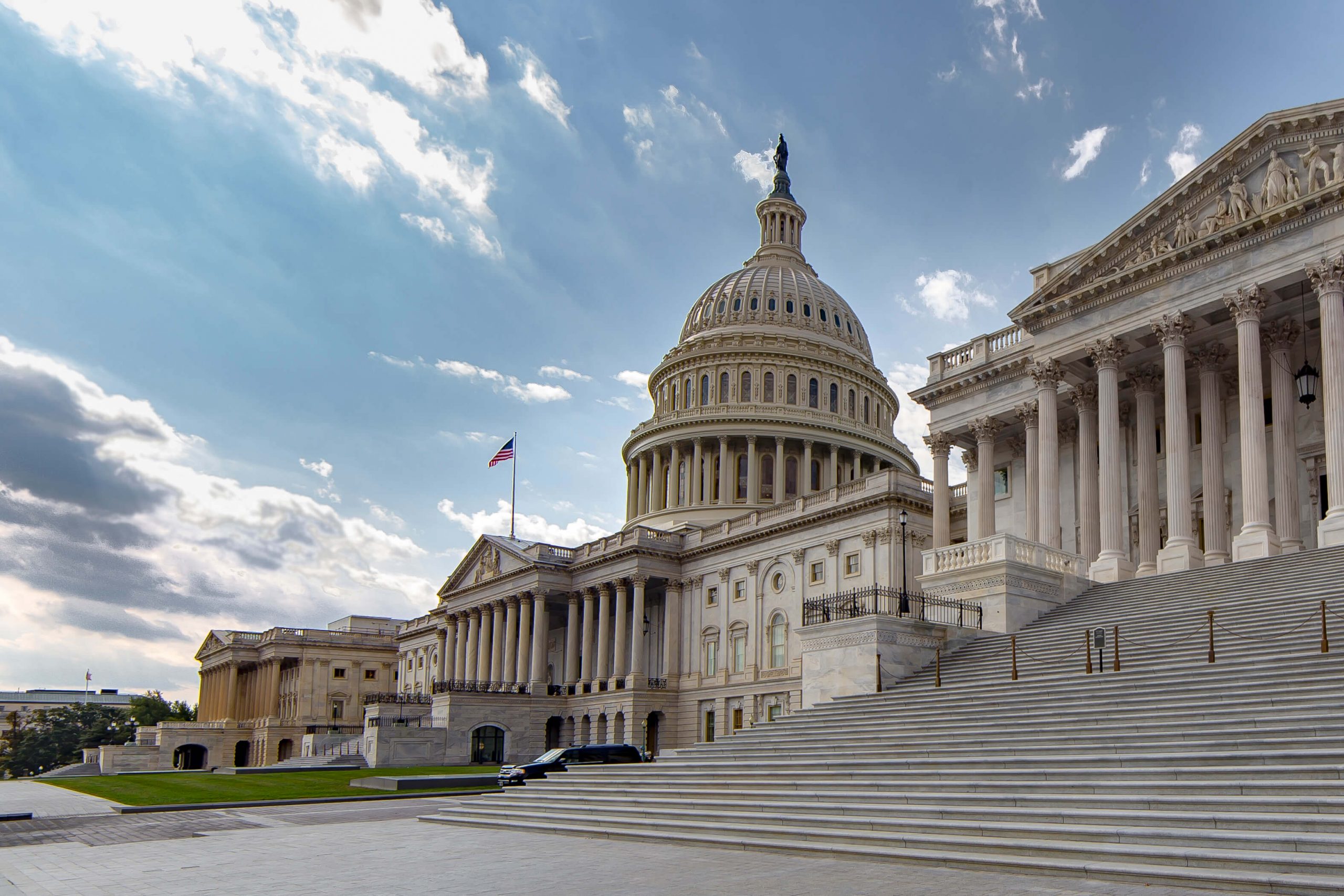Sens. Orrin Hatch (R-Utah), Christopher Coons (D-Delaware), and Dean Heller (R-Nevada) introduced legislation that would clarify how U.S. warrants for digital information apply in the U.S. and abroad. The International Communications Privacy Act (ICPA) updates antiquated data laws to better meet the needs of law enforcement, while protecting people’s privacy rights. In today’s fast-moving digital world, it’s important that law enforcement can quickly access evidence across borders to solve and prevent crime. But it’s also important to have a strong and fair legal process in place to protect citizens when governments want to access their email and other online data. This timely, much-needed legislation allows law enforcement agencies to do their jobs while respecting borders and the timeless values cherished by people around the world.
For far too long, technology companies, law enforcement and, ultimately, the courts have been forced to choose between competing interpretations of an outdated statute. These conflicts of law put businesses in a no-win situation, putting American technology companies at a disadvantage. Among other serious problems, outdated law leaves open questions as to whether foreign governments can access the email of Americans without applying our legal protections.
Recent congressional hearings in the House and Senate Judiciary Committees have shown unanimous agreement on the need for a durable and modern legal framework to govern how governments access data across borders. The current law was enacted more than 30 years ago, long before most people had even heard of email or the internet. It was drafted in a world in which electronic data was stored on personal computers, or on servers located in offices or homes, not with cloud service providers. The notion of seeking data from a datacenter in another country was never contemplated when the law was passed. It’s up to Congress, not the courts, to determine how best to modernize the law.
ICPA includes important updates to the law.
It provides a legal framework for U.S. law enforcement to obtain the information it seeks abroad and thereby addresses the issues raised in a lawsuit we brought. The bill provides reasonable mechanisms, such as a rigorous and consistent legal process for access to the email of Americans. It also requires notifying other countries in appropriate circumstances that acknowledge other countries’ laws.
This is a bipartisan, bicameral issue. Sens. Hatch, Coons and Heller introduced ICPA, which builds on previous versions of the legislation. We understand Reps. Tom Marino (R-Pennsylvania), Hakeem Jeffries (D-New York), and Suzan DelBene (D-Washington) are working to introduce similar legislation in the House as well.
When the United States Court of Appeals for the Second Circuit ruled last year in a case brought by Microsoft addressing the global application of U.S. search warrants for people’s email, Judge Gerard E. Lynch stated, “Although I believe that we have reached the correct result as a matter of interpreting the statute before us, I believe even more strongly that the statute should be revised.”
ICPA is that revision. Taken together with the introduction of the Electronic Communications and Privacy Act, Congress is on the right legislative path we need to create legislations that ensures law enforcement can access evidence in a timely manner, and protect people’s rights. Technology is advancing at a rapid pace. Three decades is too long to wait for our laws to catch up. Congress must move this legislation forward.

